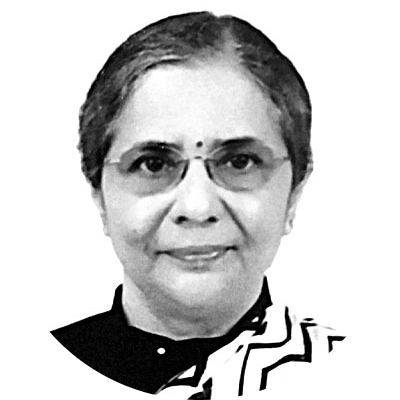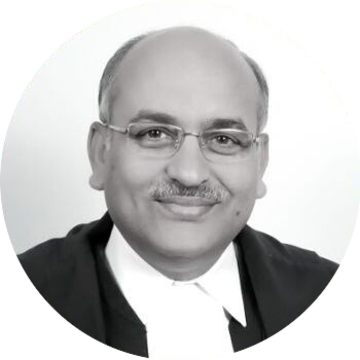UAPA Charges Related to Tripura Violence
Mukesh v State of Tripura
The petitioners withdrew the petition from the Supreme Court to approach the Tripura High Court in the case.
Decided
Parties
Petitioners: Mukesh Kumar; Ansar Indori; Shyam Meera Singh
Lawyers: Prashant Bhushan
Respondent: State of Tripura (and West Agartala Police Station); Union of India
Lawyers:
Case Details
Case Number: WP (Crl) 470/2021
Next Hearing: February 7, 2024
Last Updated: February 16, 2024
TAGS: Bail, police, Right to Equality, Right to Life, Right to Protest, Tripura, UAPA
Key Issues
Should the FIRs against 102 people, out of which 4 were arrested, under the Unlawful Activities (Prevention) Act, 1967 (UAPA) for criticising the handling of the communal violence in Tripura be quashed?
Are Sections 2(1)(o), 13 and 43(d)(5) of the UAPA unconstitutional for being too vague and having restrictive bail conditions, violating the right to equality and life with liberty?
Case Description
At the end of October 2021, groups like the Vishwa Hindu Parishad (VHP) and Hindu Jagran Manch (HJM) organised protests in Tripura. They were protesting the communal violence perpetrated against Hindu minorities in Bangladesh on October 15th. The protests in Tripura took a violent turn, when Mosques and Muslim owned property were damaged and subjected to arson.
The Union Home Ministry rebuked reports about this violence and denied the existence of any communal violence in Tripura. On November 13th it made a statement denying any claims or reports of mosques being damaged and vandalised.
Two lawyers Mukesh Kumar and Ansar Indori, affiliated with the Peoples Union For Civil Liberties and the National Confederation of Human Rights respectively, investigated the violence as part of an independent fact-finding team. They released a report whose findings sharply contradict the MHA’s statement. The report found that at least 12 mosques, 9 shops and 3 houses were targeted during the violent protests. Further, it argued that the communal incidents could have been prevented if the State police and other agencies handled the situation better.
On November 3rd, the Tripura police charged the two lawyers under Section 13 of the Unlawful Activities (Prevention) Act, 1967 (UAPA) that punishes individuals who commit or aid the commitment of any ‘unlawful activity’ as defined under Section 2(1)(o) of the UAPA. These charges, the police claimed, were slapped on the journalists for their posts on social media regarding the incident. The police alleged that these posts promoted enmity between religious groups and provoked people of different religious communities to cause a ‘breach of peace’.
Mukesh and Ansar are not alone. 100 more people have been charged under the same law for their social media posts – many of whom were journalists and activists. The Indian Women Press Corps and the Editors Guild of India condemned these charges on November 7th, stating that the state government was using the UAPA to suppress reporting on the communal violence in the state.
Mukesh, Ansar and a journalist, Mr. Shyam Meera Singh who was also charged under the UAPA for tweeting ‘Tripura is burning’, have filed a petition in the Supreme Court which was mentioned by Advocate Prashant Bhushan before Chief Justice N.V. Ramana on November 11th 2021. CJI Ramana agreed to urgently list the case for hearing.
On November 17th, a special Bench comprising CJI Ramana and Justices D.Y. Chandrachud and Surya Kant heard the matter and ordered the Tripura police to not take any coercive action against the petitioners. The Bench issued notice to the respondents.
On 15 February 2024, the petitioners informed a Division Bench comprising Justices Bela Trivedi and Pankaj Mithal that they would like to withdraw their petition and approach the High Court instead. The Bench permitted them to do so.


